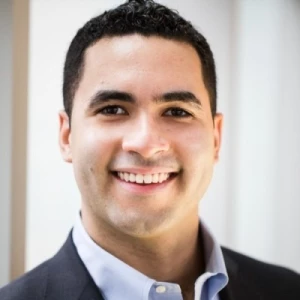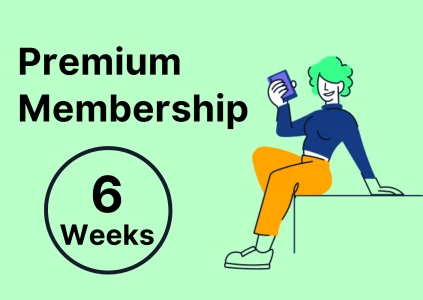Hello,
I have been told that I am progressing to the case interview stage. In my previous roles I have not been involved in the business/market end of our work. I don't have a lot of 'business/industry' knowledge as such.
I wondered if any interviewers on here/experienced Mckinsey professionals could give me advice on how to prepare? In these interviews are the interviewers looking for 'right answers' or an open conversation and seeing how i may think about a problem? Is there a correct way to do this?
I believe I am very capable and would be good at the job but these technical interviews are very different to what I am used to.
Any and all advice/info is much appreciated!
Best















